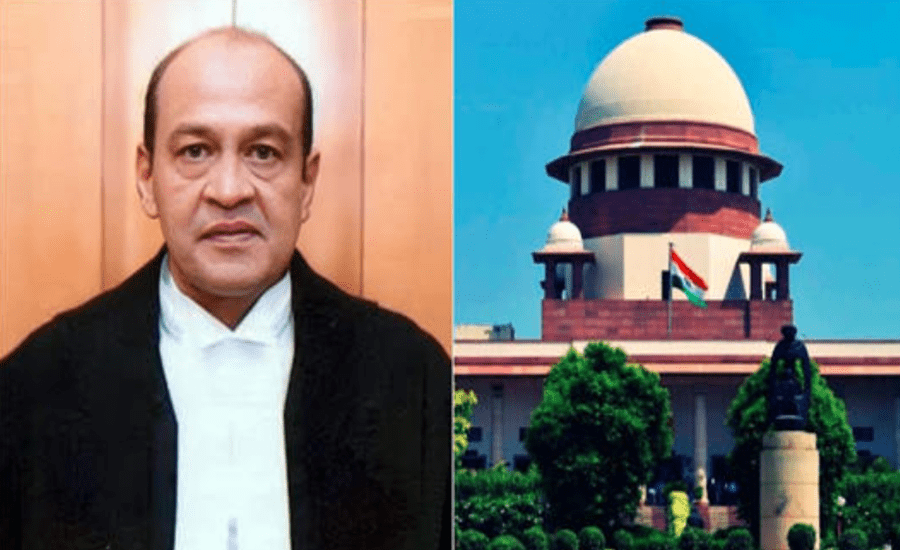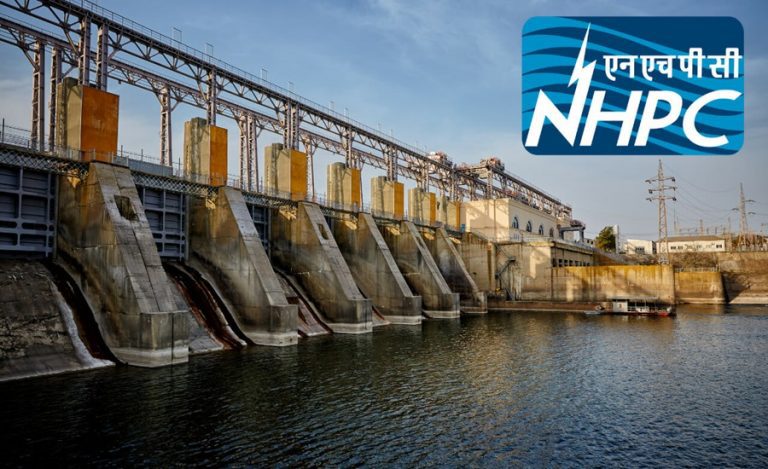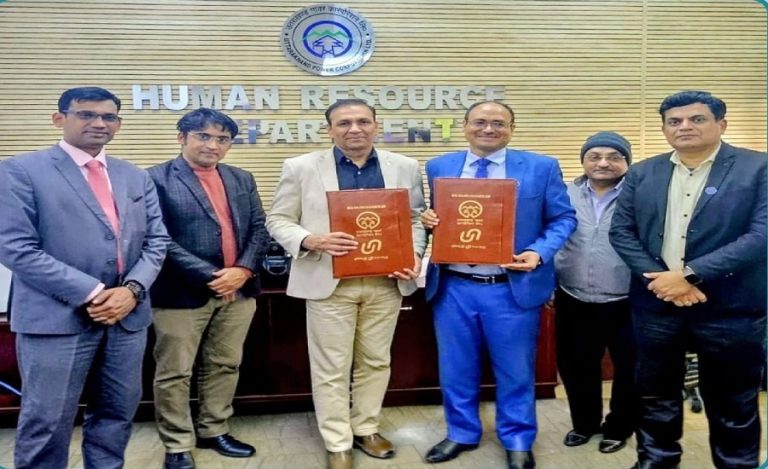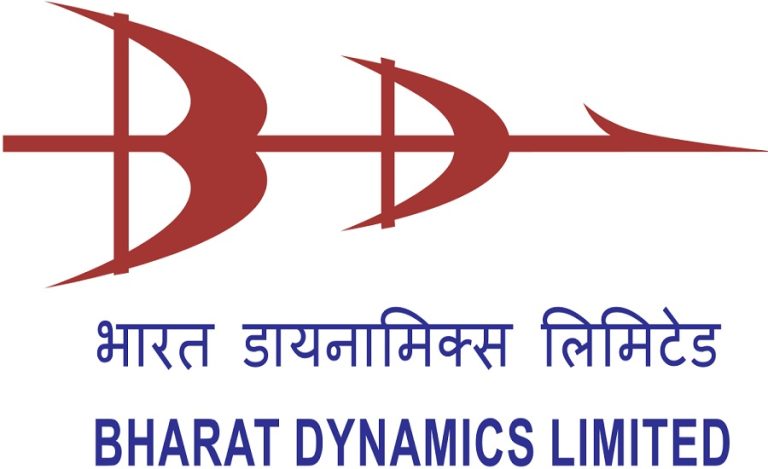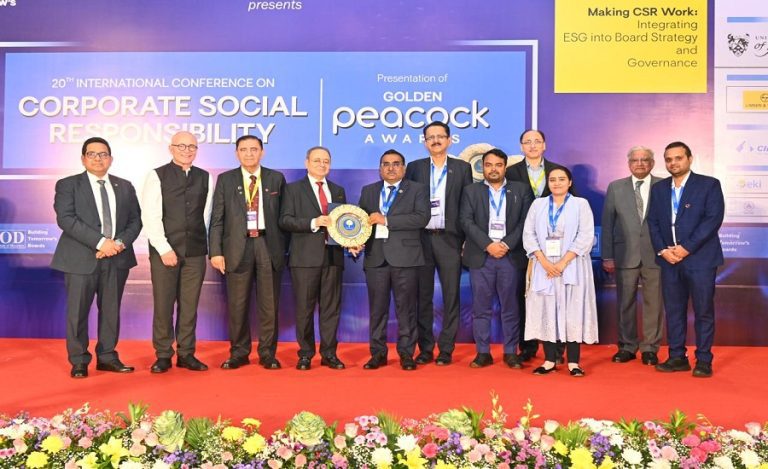New Delhi: In a significant development in the Justice Yashwant Varma cash-row case, the Lok Sabha Secretariat has appointed Advocate Karan Umesh Salvi as Consultant to the three-member inquiry committee set up under the Judges (Inquiry) Act, 1968.
The appointment — approved on 17 October 2025 — adds fresh legal heft to one of India’s most sensational judicial controversies in recent years.
The Appointment of Advocate Karan Umesh Salvi in Justice Yashwant Varma Cash Row
According to the official order, Advocate Salvi will assist the committee by conducting legal research, preparing briefs, and helping frame the final inquiry report. His role will be crucial as the committee examines evidence and statements relating to the alleged discovery of piles of burnt ₹500 notes at the Delhi residence of Justice Yashwant Varma earlier this year.
The move comes barely two months after the Speaker of the Lok Sabha, Om Birla, constituted the three-member judicial panel to investigate the serious allegations of misconduct against the Allahabad High Court judge.
Justice Yashwant Varma Cash Row: Who’s on the Panel
The inquiry committee comprises:
- Justice Aravind Kumar – Judge, Supreme Court of India
- Justice Manindra Mohan Srivastava – Chief Justice, Madras High Court
- Senior Advocate B. V. Acharya
This committee was created after a motion signed by 146 Members of Parliament sought impeachment proceedings against Justice Varma following a damning in-house Supreme Court report that linked him to unaccounted cash recovered from his official residence.
Justice Yashwant Varma Cash Row: Background of the Case
The controversy erupted in March 2025 when a fire broke out at Justice Varma’s residence at 30 Tughlak Crescent, Delhi.
During the firefighting operation, personnel reportedly discovered bundles of burnt and semi-burnt ₹500 currency notes stored in a locked room.
Read also: SC to Hear Justice Verma’s Plea Against Misconduct Report, Impeachment Process Underway
The discovery triggered a Supreme Court-led fact-finding inquiry headed by Justice Aravind Kumar, which later observed that the cash was recovered and subsequently removed from the premises in suspicious circumstances.
The internal report concluded that the judge had failed to offer a “credible explanation” regarding the source of the money.
Following the findings, Justice Varma was transferred to the Allahabad High Court and withdrawn from judicial work pending further proceedings.
Why Salvi’s Appointment Matters
Legal experts view the inclusion of Advocate Karan Umesh Salvi as a strategic and symbolic move — reinforcing Parliament’s commitment to ensure a thorough, transparent, and procedurally sound investigation.
Mr Salvi, known for his detailed approach to legislative and constitutional matters, will serve as a bridge between the judicial and parliamentary processes in one of India’s rare impeachment-linked inquiries against a sitting High Court judge.
The consultant’s appointment also signals that the committee’s report preparation phase is underway, which could determine whether formal impeachment proceedings will begin in the Winter Session of Parliament.
Next Steps
The committee is expected to:
- Record further witness statements
- Scrutinize recovered forensic evidence from the Delhi Police and Fire Department
- Frame specific charges based on the inquiry record
Once the final report is tabled, both Houses of Parliament will vote on whether to adopt a motion for the judge’s removal — a process rarely invoked in India’s judicial history.
Significance
The Justice Varma cash-row is being closely watched not only by the legal fraternity but also by the public, as it raises larger questions about judicial accountability, ethical conduct, and the transparency of the judiciary’s internal checks.
As the case moves into the parliamentary phase, Advocate Salvi’s role will be pivotal in determining whether the evidence stands up to constitutional scrutiny.
This development underscores the message that no institution, however powerful, stands above public accountability.

